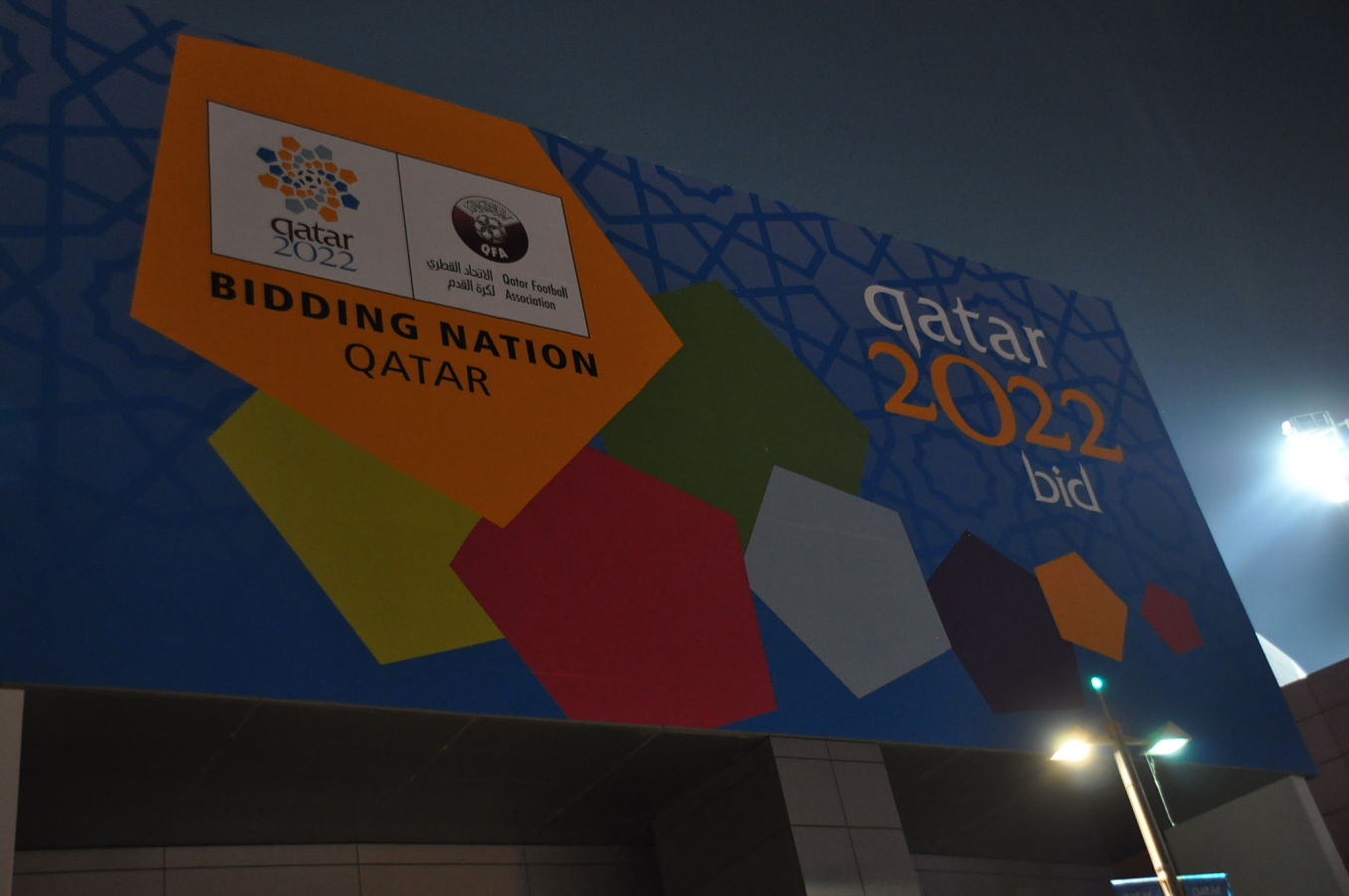With FIFA President Sepp Blatter the subject of an official criminal investigation by the Swiss authorities, the future of the federation – and indeed the future of the game worldwide – teeters on the brink of uncertainty. The question of “what’s next” for the embattled organisation has once more been thrust to the forefront of footballing debate.
Allegations of corruption at the highest level of the international game have dogged Fifa for years. With all major prominent sponsors including Coca-Cola and McDonald’s now calling for Blatter to resign “in the best interest of the game”, it is questionable how much longer he can retain his control.
Blatter stands accused of criminal mismanagement and misappropriation of funds, charges relating chiefly to payments made in 2011 to UEFA president Michel Platini, and in 2005 to former FIFA vice-president Jack Warner. Warner himself was one of several high-ranking Fifa officials to be indicted by the US Department of Justice over claims of corruption and money laundering relating to the awarding of the 2010 World Cup to South Africa.
Given the sheer weight of the numerous accusations levelled at Blatter and Fifa over the years, any attempt to play devil’s advocate seems as fruitless as a Manchester City Champions League campaign. That Qatar, a nation with no footballing culture and a questionable attitude towards the rights of the migrant workers building its stadiums is hosting the 2022 World Cup, speaks for itself. Blatter may seem indefensible, yet it is very important note that Blatter has not been charged with any crime.
If, however, the arrested officials are found to have colluded and facilitated bribes relating to bids for tournaments in South Africa, Russia and Qatar, then the question of what will happen next looms large. If the $10 million paid into an account owned by Warner by the South African FA is proven to be a bribe in exchange for Warner’s vote, then the legitimacy of the 2010 World Cup will be immediately debased.
Given the huge cost of launching a bid to host the tournament (England’s unsuccessful 2018 campaign cost the FA £21 million, for example) it seems that other bidding nations would be well within their right to demand compensation. Morocco, for instance, will feel particularly aggrieved given that a member of Fifa’s executive committee was secretly recorded stating that their bid received more votes than South Africa before the ballot was manipulated.
The losing countries from the 2018 and 2022 bidding processes will also undoubtedly reject the results if the 2010 World Cup was found to have been awarded unjustly. FIFA categorically ruled out the prospect of a revote for the upcoming tournaments, but this decision would lose what fragile credibility it holds if Blatter were to be arrested.
Should concrete evidence of corruption in the host selection surface, then FIFA as an organisation will fall into complete disarray. Blatter’s most likely successor, Platini, can hardly be counted on to improve the federation’s image when he himself is the alleged recipient of laundered money. Questions over the future of UEFA must also be raised should Platini take up the presidential mantle.
In these circumstances it seems that only a complete structural overhaul of Fifa could save it, and many would question whether it would be easier to proceed without the organisation. In May several European Football Associations briefly touted the idea of hosting their own tournament in 2018 in protest over the alleged fraud. Though nothing has come of the plan thus far, it seems that the capacity for an alternative does exist. Should Fifa’s reputation finally be tarnished beyond repair, this may be the only way to host a World Cup which can be considered legitimate in the eyes of world sport.
Image courtesy of D@LY3D.

